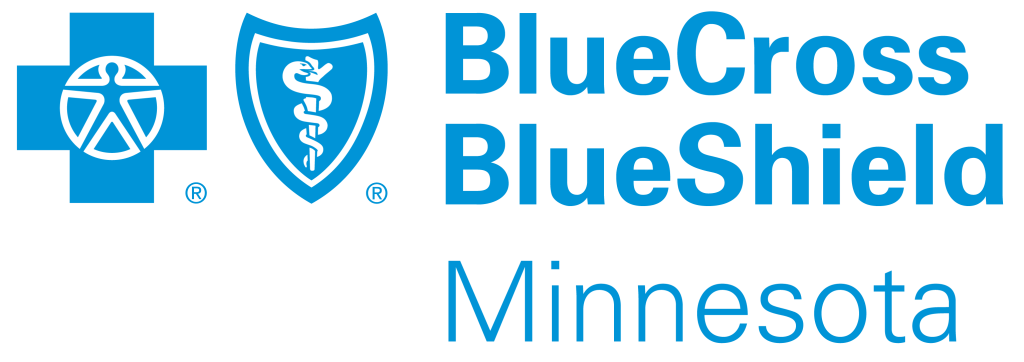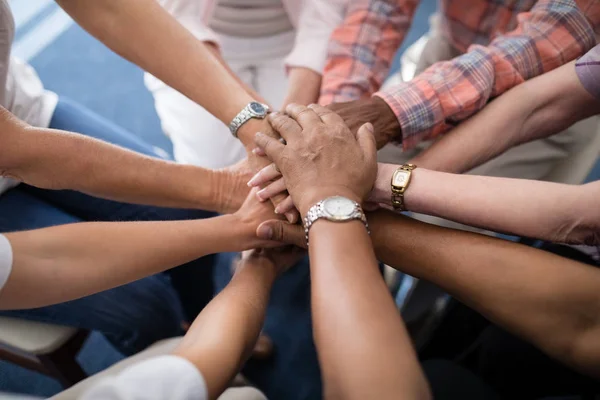Blue Cross believes everyone should be able to live their healthiest life. Unfortunately, there are many individuals, families and communities across the state who experience unfair and unjust barriers that keep them from achieving their best health. That’s why the Blue Cross and Blue Shield of Minnesota Foundation partners with community organizations to build healthy generations, with an intentional focus on addressing the root issues of health inequities — namely racism, discrimination and marginalization of communities.
The Foundation’s mission is to build community partnerships to advance racial and health equity. It does this through strategically focusing on key social drivers of health where it has strong partners, momentum, and history.
Every four years, the Foundation reviews the current state of health in Minnesota, by listening to community partners, and reflecting on its strengths and areas of growth. This process informs the Foundation’s strategic plan to continue addressing the root causes of racial and health inequities.
Since the Foundation’s last strategic plan in 2019, the COVID-19 pandemic and the reckoning for racial justice made these inequities even more apparent.
The Foundation’s new strategic plan intentionally addresses health inequity through three focus areas.
First, the Equitable Care and Coverage program seeks to increase healthcare coverage across Minnesota, support community solutions to accessing equitable care, and increase awareness about communities most impacted by a lack of healthcare access.
The Healthy Start Program is focused on early childhood care and education, particularly for vulnerable young children and their caregivers. The strong connection between health and quality early childhood care and education is well-established, with research showing that what happens in the first five years of life sets the stage for lifelong health.
Lastly, through the Healthy Connections program, the Foundation’s grantee partners work within and across communities to increase connection, decrease social isolation and address community trauma. This work seeks to generate a deep sense of belonging within all communities, since people who feel a sense of connection generally experience better health outcomes.


